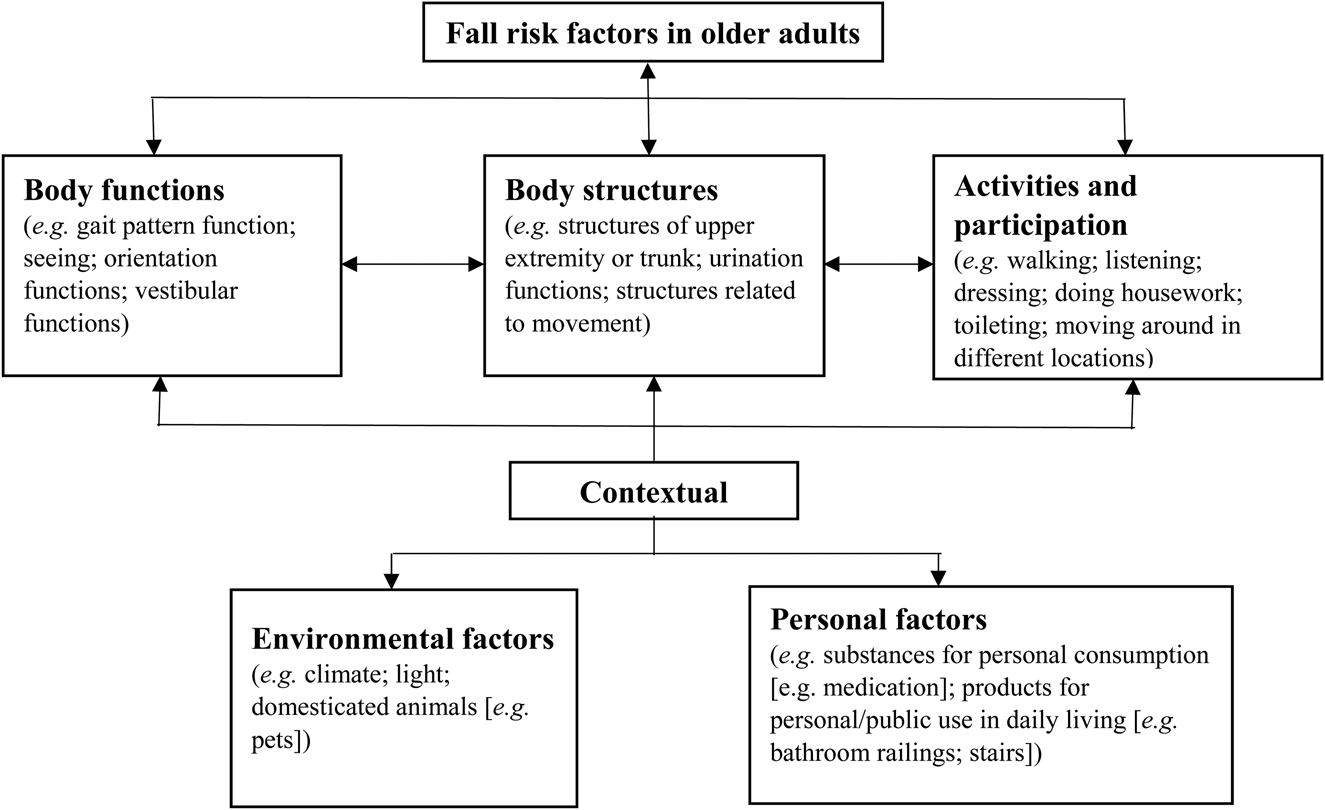Dementia Fall Risk for Dummies
Dementia Fall Risk for Dummies
Blog Article
Things about Dementia Fall Risk
Table of ContentsIndicators on Dementia Fall Risk You Should KnowMore About Dementia Fall RiskDementia Fall Risk for DummiesThe Of Dementia Fall RiskFascination About Dementia Fall Risk
Based on signs and signs and symptoms, such as proof of head injury or a new focal neurologic shortage, computed tomography or MRI of the mind may be indicated. An evaluation for causes of syncope should be conducted only if there is solid uncertainty, as in the situation of frequent, unusual falls
Medical care service providers utilize a loss danger evaluation to determine your threat aspects for falling and make useful recommendations. A loss risk assessment is essential due to the fact that understanding which aspects enhance your opportunities of dropping aids you: Decrease your threat of dropping or harming yourself.
All adults 65 years and older need to have a preliminary fall threat testing. Have fallen in the past year. Worry about falling.
The Facts About Dementia Fall Risk Uncovered

, and goals especially customized to individuals who are at threat for falls. A is defined as an event that results in an individual coming to relax accidentally on the ground or flooring or other reduced degree (THAT, 2021).
According to the Centers for Illness Control and Prevention (CDC),, triggering over 34,000 deaths for that age group. Falling is the 2nd leading reason of death from unintentional injuries worldwide. Fatality from drops is a major and native problem among older people. It is approximated that loss death rates in the U.S

Each year, over 800,000 clients are hospitalized since of drops. Registered nurses play a significant function in stopping falls for their people via education and learning, examining autumn danger, producing much safer atmospheres, and giving treatments in stopping injuries from falls.
Loss are due to several aspects, and an alternative strategy to the private and setting is crucial. Mean an individual is taken into consideration at high danger for falls after the screening.
Not known Details About Dementia Fall Risk
A needs utilizing a verified tool that researchers have examined to be useful in naming the reasons of drops in an individual. As a person's wellness and scenarios modification, reassessment is required. The level of autumn threat can be identified making use of the assessment of inherent and extrinsic elements. Requirement evaluation devices can also be made use of (gone over below).
Individuals are more most likely to drop once again if they have actually maintained one or more drops in the past six months. The older population is at boosted danger of fall-related readmissions based on a study determining the aspects predictive of repeat falls connected outcomes (Prabhakaran et al., 2020).
In addition, complication and impaired judgment enhance the client's possibility of dropping. The capacity of individuals to safeguard themselves from falls is impacted by such factors as age and development. Older people with weak muscle mass are more likely to drop than those that maintain muscle stamina, versatility, and endurance. These changes include reduced aesthetic function, damaged shade perception, adjustment in center of gravity, unsteady stride, reduced muscular tissue stamina, this contact form lowered endurance, modified deepness perception, and delayed response and response times.
Some Ideas on Dementia Fall Risk You Need To Know
Much less comparison level of sensitivity was rather related to both enhanced rates of falls and other injuries, while decreased aesthetic skill was only connected with raised loss rate (Wood check out here et al., 2011). Sensory assumption of environmental stimuli is paramount to safety. Vision and listening to impairment limit the individual's ability to perceive dangers in the environments.
Older adults that have inadequate equilibrium or trouble walking are much more most likely to fall., or various other medical conditions and treatments., and usage of psychotropic medicines (Stanmore et al., 2013).
Report this page